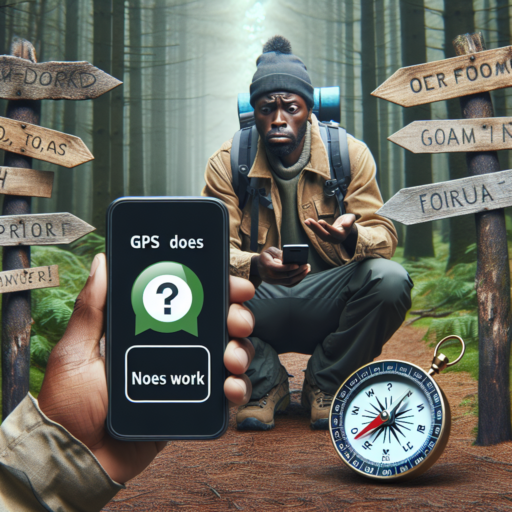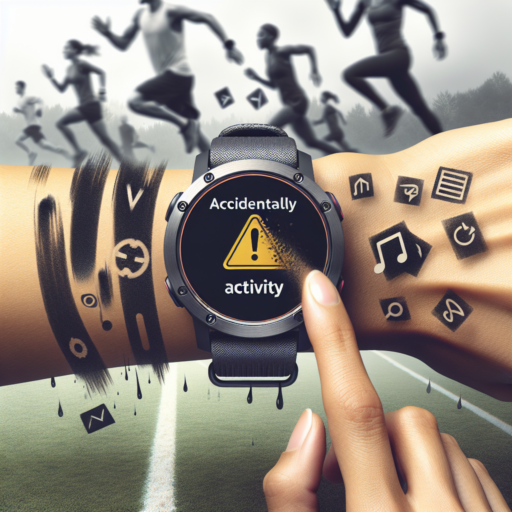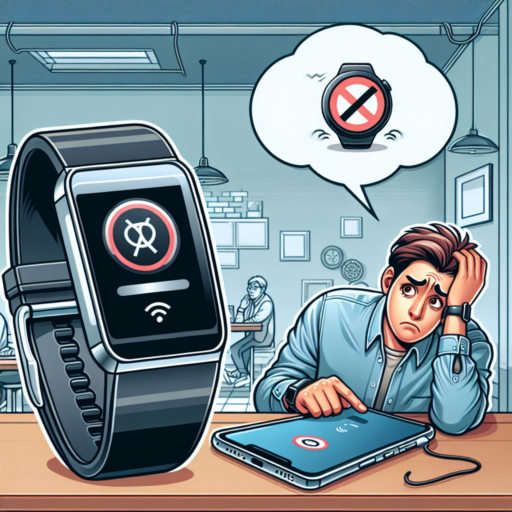Why is my GPS suddenly not working?
Experiencing sudden issues with your GPS can be frustrating, especially when you rely on it for navigation. There are several potential reasons behind your GPS’s sudden malfunction, ranging from simple fixes to more complex technical glitches. Understanding these reasons can help you identify and possibly rectify the problem.
Signal Interference
One primary reason your GPS might stop working suddenly is signal interference. Tall buildings, dense forests, and even atmospheric conditions like solar storms can block or distort the signal between your device and the satellites. This interference can lead to inaccuracies in your location or cause the GPS to lose its connection entirely.
Outdated GPS Software
Another common issue involves running outdated software. GPS devices require regular updates to ensure they have the latest maps and can communicate effectively with satellites. If your device’s software is outdated, it may struggle to function correctly, leading to sudden operational failures. Checking for and installing any available updates could resolve this issue.
Power Issues
Last but not least, power issues can also lead to a non-functioning GPS. Whether it’s due to a depleted battery, faulty charging cable, or even an internal battery problem, insufficient power can cause your GPS device to turn off unexpectedly or not turn on at all. Ensuring your device is fully charged and checking the condition of your charging accessories is crucial.
No se han encontrado productos.
How do I reset my GPS?
Resetting your GPS can often solve problems ranging from inaccurate location tracking to software glitches. Whether you’re dealing with a standalone GPS device or a GPS function on your smartphone, there are several steps you can take to try and get your system back on track. Please note, the specific reset process can vary depending on the device you are using.
Standard GPS Devices
For most standard GPS devices, such as those used in vehicles, resetting your GPS usually involves holding down the power button or a reset button if available. To ensure a complete reset, it’s advisable to:
- Turn off the device.
- Press and hold the power button for approximately 20 seconds.
- Wait for the device to restart; this may involve a loading screen.
- If the device has a removable battery, consider removing it for a few seconds.
Smartphone GPS
Resetting the GPS on your smartphone can be slightly different, often involving the device’s settings menu. To reset GPS specifically:
- Go to your device’s settings.
- Find the section dedicated to Location Services or Privacy.
- Toggle off the location services, wait a few seconds, and then re-enable them.
This action forces your phone’s GPS to recalibrate its positioning system, which can solve many common issues related to accuracy and tracking.
Why is my GPS not getting a signal?
Experiencing difficulties with your GPS not receiving a signal can be particularly frustrating, especially when you rely on it for navigation. There are several common reasons that might explain why this issue is occurring. Understanding these reasons can help in troubleshooting and potentially resolving the signal reception problem.
Poor Signal Environment
One significant factor affecting your GPS’s ability to receive a signal is the environment you are in. High buildings, dense forests, or even being inside buildings can obstruct the line of sight to satellites, leading to poor signal strength. Ensuring you are in an open space can greatly enhance signal reception.
Device Interference
Electronic devices or metallic surfaces near your GPS can also cause interference, making it difficult for your device to lock onto a signal. This is because GPS signals are relatively weak by the time they reach the Earth’s surface and can easily be disrupted by other electromagnetic sources. Keeping your GPS device away from potential sources of interference can improve its ability to receive a signal.
GPS Software or Hardware Issues
Last but not least, the problem might lie within the GPS device itself. Whether it’s outdated software or hardware malfunctions, such issues can hinder your device’s performance. Regularly updating your GPS system and consulting with a professional for any suspected hardware issues are crucial steps in ensuring optimal functionality of your GPS.
How do I fix my GPS problem?
Experiencing issues with your GPS can be frustrating, especially when you rely on it for navigation and location-based services. Whether your GPS is inaccurately pinpointing your location or failing to connect altogether, there are several steps you can take to attempt fixing the problem.
Check Your Device’s Location Settings
First and foremost, ensure that your device’s location services are enabled and set to the highest accuracy mode. On both Android and iOS devices, you can find these settings in the privacy or location services section of your settings menu. Sometimes, simply toggling these settings off and then back on can refresh your connection to GPS satellites.
Update Your Device and Applications
Running outdated software can lead to a plethora of issues, including GPS malfunctions. Ensure your device’s operating system is up to date, along with any maps or navigation apps you regularly use. Developers frequently release updates to improve functionality and fix bugs, including GPS tracking issues.
Reset GPS Data
In some cases, your device may need a GPS data reset to clear out any corrupted data inhibiting proper function. Many smartphones offer this feature in the system settings under location or privacy settings. This process can force your device to reconnect with satellites and correct location inaccuracies. Remember, the steps to perform this action can vary significantly between different device models, so refer to your device’s user manual for specific instructions.
- Ensure Location Services are enabled and set to the highest accuracy.
- Update your device’s operating system and applications.
- Consider a GPS data reset to clear potential data corruption.




